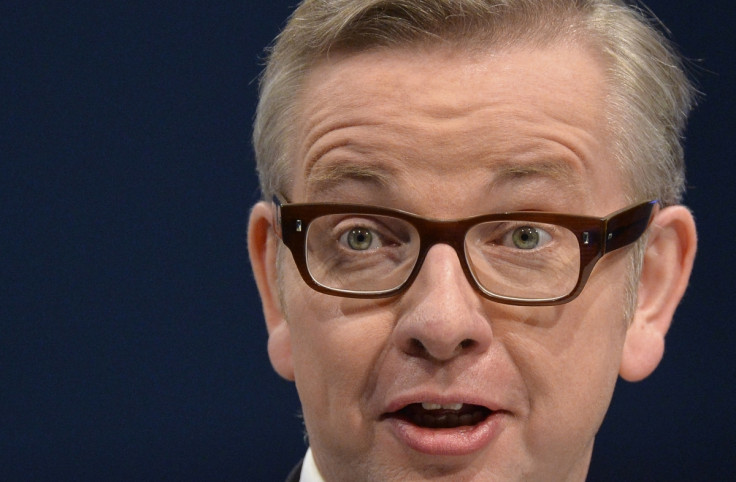UK Politicians Michael Gove and Tristram Hunt at War over First World War

Labour's shadow education secretary Tristram Hunt has launched a ferocious attack on his government counterpart Michael Gove, for comments Gove made in an article in the Daily Mail about World War I. Gove was responding to news that the Department for Culture and Foreign Office said they did not want this year's centenary commemorations to lay all the blame at Germany's door.
In his Mail article Gove attacked what he called "left-wing versions of the past designed to belittle Britain and its leaders." He blamed TV shows like Blackadder and plays like Oh! What a Lovely War for perpetuating the idea that the first world war had been "a misbegotten shambles – a series of catastrophic mistakes perpetrated by an out-of-touch elite".
Gove even dismissed the popular view that the first day of the Somme, in which 20,000 British soldiers died, had been the "epitome of military futility" rather than what military historian William Philpott suggested was "a precursor of allied victory".
However, writing in the Observer, Tristram Hunt said it was Gove who had his facts wrong, and that people from the "left" understood what Gove called "the virtues of patriotism, honour and courage" as much as those on the "right".
Hunt called Gove's assertions "crass" and pointed out that many trade unionists enlisted to oppose German aggression before conscription, but that most historians now attempt to view the conflict as more complex than mere German aggression instigated by Kaiser Wilhelm II. He suggested Gove was more interested in petty point-scoring rather than using the anniversary as "a moment for national reflection".
Referring to Michael Morpurgo's play War Horse, which is currently being staged in the same Berlin theatre where the Kaiser and later Hitler sat, Hunt concluded: "Between the government's partisanship and Morpurgo's play, I know which is more likely to generate the kind of reflective understanding of the meaning and memory of the first world war that its history so desperately deserves."
© Copyright IBTimes 2024. All rights reserved.









